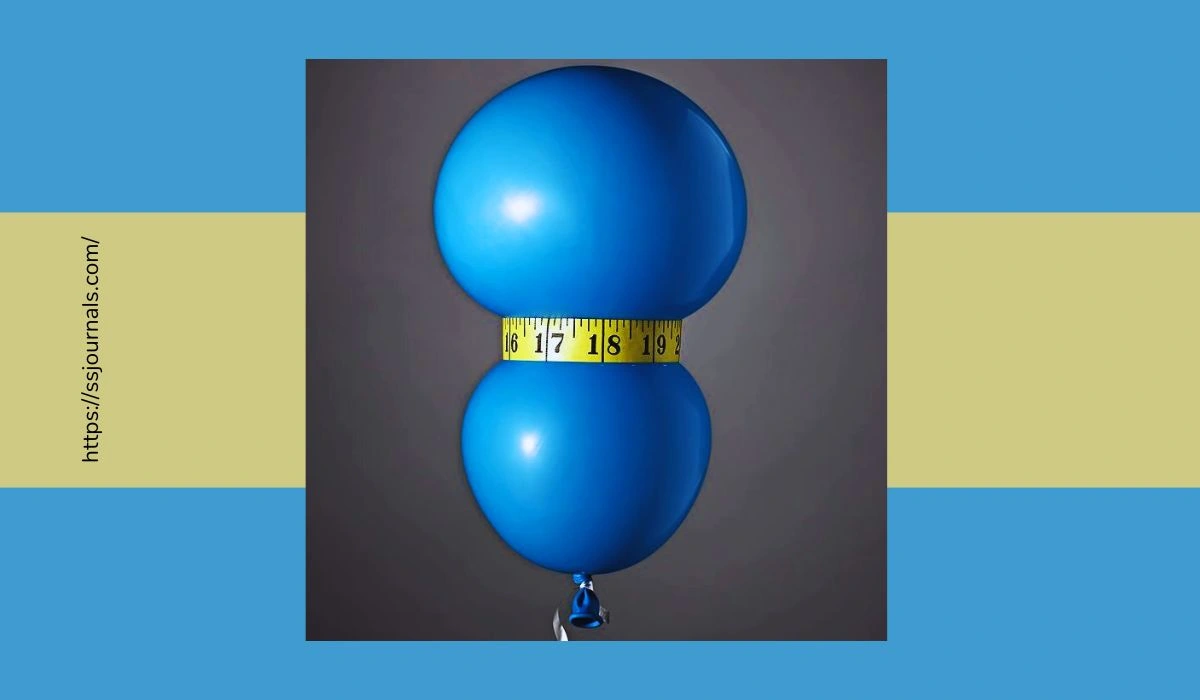Losing weight and keeping it off can be a difficult task for many people. With so many different diets and weight loss strategies out there, it can be confusing to know what really works. Recently, probiotics have been suggested as a possible aid for weight loss. But do probiotics really help you shed excess pounds? Let’s take a closer look at the science behind probiotics and weight loss.
Understanding The Importance Of Probiotics For Health

First, it’s important to understand what probiotics are and why they are important for health. Probiotics are live microorganisms, usually bacteria, that provide health benefits when consumed in adequate amounts. They help populate our gut with beneficial bacteria that play many important roles. Some of the ways probiotics promote health include:
- Improving digestion and nutrient absorption
- Producing vitamins and enhancing mineral absorption
- Protecting against infection and inflammation
- Regulating hormones and appetite
- Eliminating toxins
With all these benefits, it’s clear that probiotics are essential for overall health. An imbalance of good and bad bacteria in the gut microbiome has been linked to many chronic diseases and conditions. That’s why consuming probiotic-rich foods or supplements can help restore gut health.
Also Read: Best Probiotic Strains For Older Adults – Which All Probiotics Should You Add To Your Diet?
Do Probiotics Help With Weight Loss?
Now let’s get to the core question: Do probiotics actually help you lose weight? The evidence is still preliminary but shows promising results. Here are some of the ways probiotics may influence weight:
- Reduce calorie absorption from food – Some probiotics have been shown to reduce how many calories your body absorbs from the foods you eat. This can simply help create a calorie deficit.
- Change expression of obesity genes – Preliminary studies show certain probiotics can influence gene expression related to obesity and fat storage. More research is needed to confirm this effect.
- Decrease intestinal inflammation – Probiotics can reduce inflammation in the gut, which may improve metabolism and insulin resistance related to obesity.
- Improve gut barrier function – Poor gut health is linked to inflammation, insulin resistance, and fat accumulation. Probiotics improve gut barrier function, which may translate to benefits for weight.
- Modulate appetite-regulating hormones – The balance of gut bacteria has been shown to influence levels of appetite hormones such as leptin and ghrelin. Probiotics may help regulate appetite signals.
- Alter gut bacteria linked to obesity – Some bacterial strains are more abundant in obese individuals. Probiotics may help reduce problematic bacteria.
Based on this evidence, probiotics likely have the potential to support weight loss through various mechanisms. However, more research is needed to determine which strains are most effective and how much of an impact probiotics can have specifically on weight. Talk to your doctor before starting any new supplement, including probiotic supplements.
Best Probiotic Foods For Weight Loss
If you want to give probiotics a try for weight loss, focusing on probiotic-rich foods is a good strategy. Here are some of the top probiotic foods to include in your diet:
- Yogurt – Look for plain, unsweetened yogurt with active cultures listed. The strains Lactobacillus fermentum and Lactobacillus amylovorus show promise for weight loss.
- Kefir – This fermented milk beverage contains up to 50 different probiotic strains. Try using kefir as a base for smoothies.
- Sauerkraut – Made from fermented cabbage, sauerkraut contains probiotics like Lactobacillus plantarum that help regulate weight.
- Kimchi – Spicy fermented cabbage, kimchi provides probiotics that help with gut health and obesity.
- Tempeh – Fermented soybean tempeh is a versatile probiotic source that can be crumbled on salads or used in stir-fries.
- Miso – This paste made from fermented soybeans and rice is commonly used in miso soup.
- Kombucha – A probiotic-rich fermented tea, kombucha has become a popular beverage. But beware of added sugars in some products.
Consuming these probiotic foods as part of a balanced diet focused on whole, natural foods may offer the best chance of succeeding with weight loss.
Conclusion
The role of probiotics in weight loss is a promising area of research. Studies suggest probiotics may influence body weight through mechanisms related to gut microbiota, calorie absorption, inflammation, gut barrier function, and regulating appetite hormones. However, more research is still needed to clarify which probiotic strains are most effective.
Including probiotic foods like yogurt, kefir, kimchi, and others as part of a healthy diet can provide a safe way to potentially take advantage of the weight loss benefits linked to probiotics. But as always, maintaining an overall healthy lifestyle with regular exercise and sound nutrition remains the cornerstone for long-term weight management.
FAQ
A: There’s no specific amount of probiotic foods proven for weight loss. Aim for 1-2 servings of probiotic foods daily as part of a balanced diet. Probiotic supplements can also be used under the guidance of your doctor and following dosage recommendations.
A: It may take several weeks or months to see noticeable changes in weight from adding probiotic foods or supplements. Be patient and focus on overall healthy eating and lifestyle habits that promote weight loss.
A: Natural probiotic foods offer the best source of probiotics and provide the most health benefits. If using supplements, select a broad-spectrum product formulated by a reputable brand. Check with your healthcare provider before using supplements.
A: Research is still emerging, but some strains linked to weight benefits include Lactobacillus gasseri, Lactobacillus amylovorus, Lactobacillus fermentum, and Lactobacillus rhamnosus. Consult your doctor for advice on selecting appropriate probiotic supplements.
A: Yes, certain probiotics show promise for reducing abdominal fat and bloating. This is likely due to their role in gut health, reducing inflammation, and influencing metabolism. Focus on probiotics from fermented foods or supplements that target belly fat.

